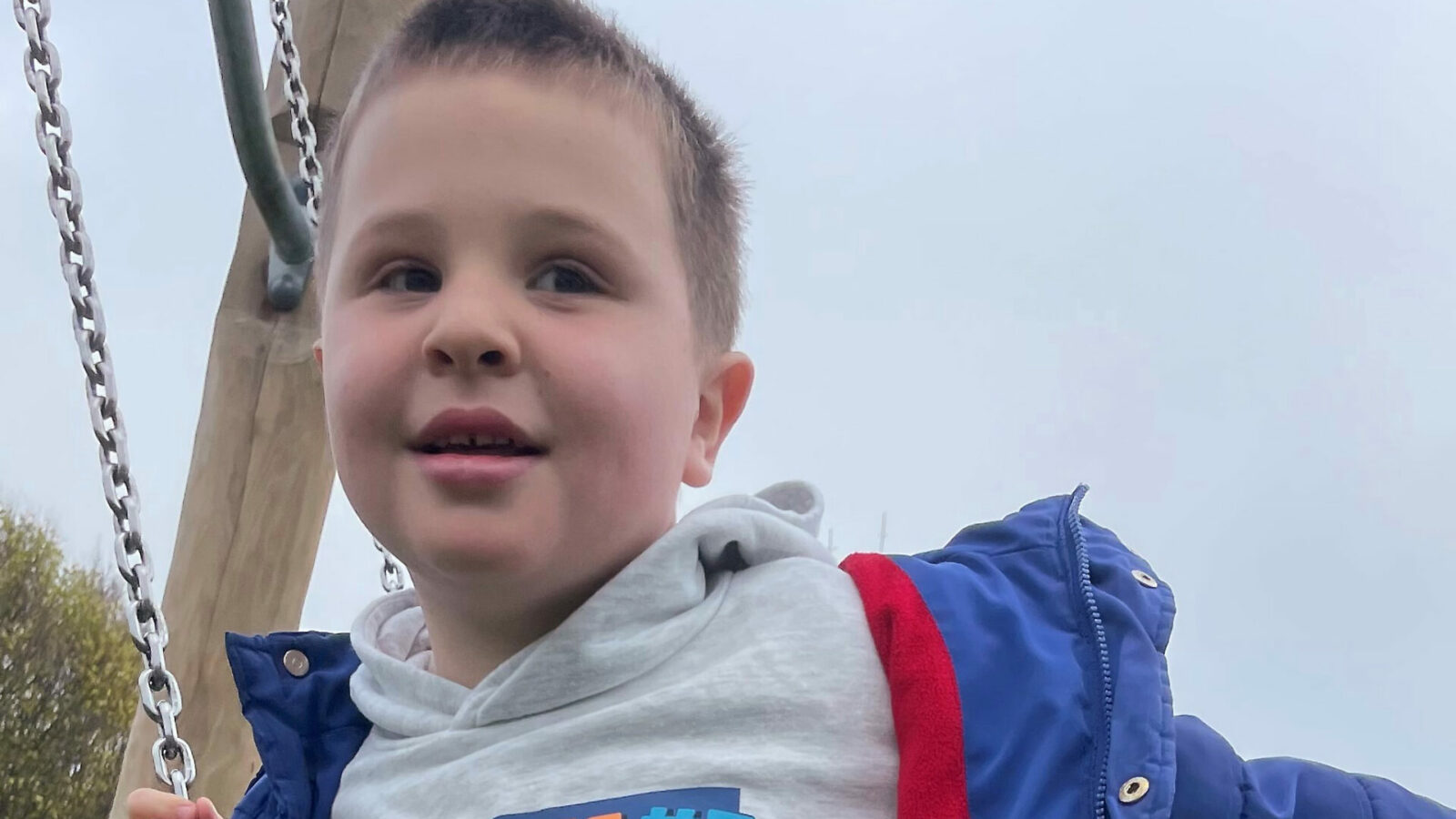The summer holidays can be great fun – a time to relax and, with luck, enjoy the sunshine. But, for some families, it can be a difficult time.
In a fairer society, everyone would have the same access to leisure and holiday experiences. The United Nations’ Declaration on the Rights of People with Disabilities includes the right to a cultural life and leisure.
The Disabled Children’s Partnership (DCP), a coalition of 110 organisations supported by a network of parent carers and allies, campaigns for a fairer support system to improve health and social care for disabled children, young people and their families.
One difficulty around holidays is the reduction in support once schools break up. There is little provision with the one-to-one staff ratios or specialist workers needed for many children with learning disabilities.
Demand for support does not meet supply. Our 2022 research, Failed and Forgotten, based on 2,000 families, showed nearly three out of four disabled children saw their progress reverse in the pandemic as services were reduced.
And 2016 research from Mencap, a DCP member, suggests four out of five parents who have a child with a learning disability struggle to access support during the summer holidays.
The government’s new short breaks innovation fund provides councils with up to £1 million a year. Thirteen local authorities have qualified so far – this cash needs to go out to more.
Public attitudes are another barrier. Mencap’s survey found 58% of parents with a child with learning disabilities worried about this when going on holiday.
DCP member the National Autistic Society says barriers result from a lack of awareness. Its guide for tourism venues explains that some environments – noisy, busy and filled with overwhelming sensory information – can cause difficulties.
Limited holiday childcare places is another issue, coupled with the rising cost of childcare – all while the cost of living crisis bites. Many families are in a catch-22 situation; they need to work to pay for support during the holiday, but are unable to work without childcare.
Social interaction lost
Former teacher Louise Cripps is the mother of Alex, six, who is autistic. Cripps, from south-west London, says: “Alex attended a mainstream holiday club last summer with a one-to-one worker paid for by us. This year, they have told us they can’t safely meet his needs.
“We have been given carer hours but Alex can’t go out in the community without me because he runs away. So, when he’s not at school, he’s stuck at home, missing out on vital social interaction.
“He’s also missing out on the crucial therapeutic nature of play and the chance to burn off energy. Change of routine impacts him; it’s unsettling and overwhelming.
“Alex’s little brother is two. Next year, the world will open up for him – he will be able to try things like junior football – but, for Alex, the world is closing down.”
DCP member Contact, a charity for families with disabled children, offers a free guide to holidays, play and leisure for families.
As Contact says, all children need the chance to play. Many of those with disabilities say leisure and play are the most important missing elements in their lives.
Stephen Kingdom is campaign manager at Disabled Children’s Partnership





